As was characteristic of Bill Askew’s line of work, it was soon time to move on to pastures new. Paul was sent back to England to continue his schooling in the UK while his father was posted to Singapore. That wasn’t the end of the foodie fact-finding mission, however, since Paul got to spend the school holidays with his parents in their new location.
Transitioning from the “New York of the Middle East” to the “New York of East Asia” ensured the young food aficionado’s continued culinary apprenticeship.
“The flavours in Singapore are even more diverse. You’ve got Malay, you’ve got Indian, you’ve got, again, the massive colonial Chinese influence, obviously, then you’ve also got Japanese, Thai… It’s just incredible the diversity of flavours there.”
A city-state at the tip of the Malay Peninsula, its 5 million inhabitants depend on neighbouring Indonesia for the majority of their food provisions. Yet their devotion to quality in sourcing and preparing their imports is second to none. Food is not just about sustenance; it’s a way of life.
“Their culture of food revolves very much around the hawker centres whereby you’ll have a central seating area and then round the outside are all sorts of different stalls… One stall will be a seafood specialist so they’ll be doing chilli crab and skate wing and prawns… One stall just doing the butter chicken and rice, which is sort of their national dish. Then you’ll have one stall just doing satay… So, you’ve got the best satay that you can get, you’ve got the best chilli crab and you’ll sit there and you’ve got your own little banquet laid out on the table.”
Taking pleasure in good food is intertwined with the sociable culture that we often associate with hotter climates:
“A lot of people like to go out in the evening when it’s a bit cooler and sit outside and have a tiger beer and tell stories and it all revolves around food and drink, which is fantastic.”
Of course, it’s not just in the hawker centres where you find an unbeatable edible experience. One memory etched in Paul’s heart is the first time he tried satay, served on the street and prepared by a boy of just ten or eleven, selling sticks of chicken with a peanut satay dipping sauce. This has established a long-lasting ritual Paul maintains to this day.
“The first thing I do when I get to Singapore is… I find a hawker centre that does fresh satay, a tiger [beer], and I’ll sit there and I always toast my mum and dad.”
Other cultures provide the backdrop for great recollections because of the novelty and the emotional connotations accompanying them. We know that a taste or a scent can evoke a long-forgotten event, but can a similar sensory experience be recreated back home? Put simply, can a satay dish in the UK compete with those perfect remembrances?









